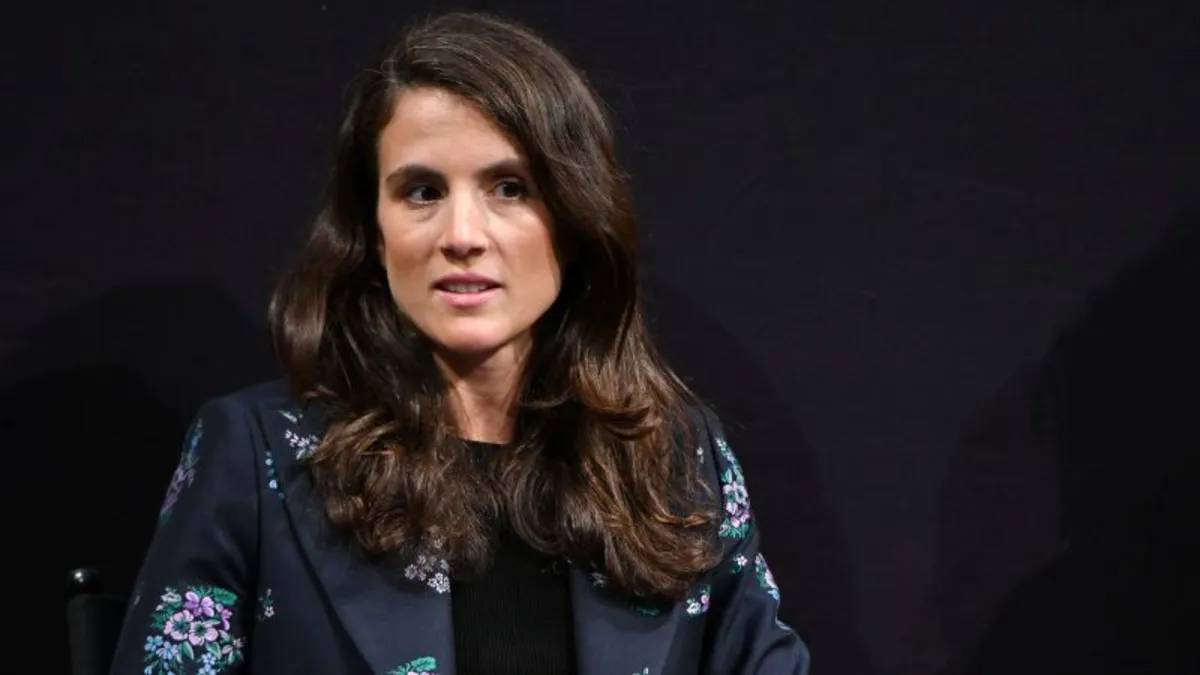
On Saturday, Tatiana Schlossberg, the granddaughter of former President John F. Kennedy, disclosed her heartbreaking diagnosis of terminal cancer. The 35-year-old environmental journalist shared that doctors have informed her she has less than a year to live due to complications arising from acute myeloid leukemia (AML). In an emotional essay published in The New Yorker, Schlossberg revealed that she was diagnosed with AML, specifically a rare mutation known as Inversion 3, which occurs in less than 2% of AML cases.
Schlossberg's cancer diagnosis came shortly after she gave birth to her daughter in May 2024. Reflecting on this shocking moment, she wrote, “I did not — could not — believe that they were talking about me.” Just the day before her diagnosis, she had swum a mile in the pool while nine months pregnant, feeling exceptionally healthy. This stark contrast left her grappling with disbelief about her health status.
In her poignant essay, Schlossberg detailed the grueling treatment process she underwent following her diagnosis. This included multiple rounds of chemotherapy, two bone marrow transplants, and participation in two clinical trials. The journey was further complicated when she was diagnosed with a form of the Epstein-Barr virus in September, which severely impacted her kidneys and required her to relearn how to walk.
Throughout her ordeal, Schlossberg has received unwavering support from her family. She noted that her siblings, Rose and Jack, have been instrumental in helping to raise her young children—a 3-year-old son and a 1-year-old daughter. They have stood by her side, providing emotional support while trying to shield her from their own pain and sadness.
Schlossberg’s battle with cancer unfolded amid significant family events, such as her cousin Robert F. Kennedy Jr. being confirmed as the secretary of the Department of Health and Human Services. She expressed frustration regarding the political landscape, stating that the healthcare system she relied on felt "strained" after the Trump administration had stripped Columbia University of federal funding, although the funding was later restored through a deal.
In her essay, Schlossberg reflected on her family's tragic history, which includes the assassination of her grandfather, John F. Kennedy, in 1963, and her great-uncle, former Attorney General Robert F. Kennedy, in 1968. She expressed her deep regret about adding another tragedy to her family's legacy, stating, “For my whole life, I have tried to be good... Now I have added a new tragedy to her life, to our family’s life, and there’s nothing I can do to stop it.”
Tatiana Schlossberg's story serves as a powerful reminder of the fragility of life and the strength that comes from familial bonds during times of adversity. Her courage in sharing her journey not only highlights the challenges faced by those battling cancer but also underscores the importance of support and love within a family.